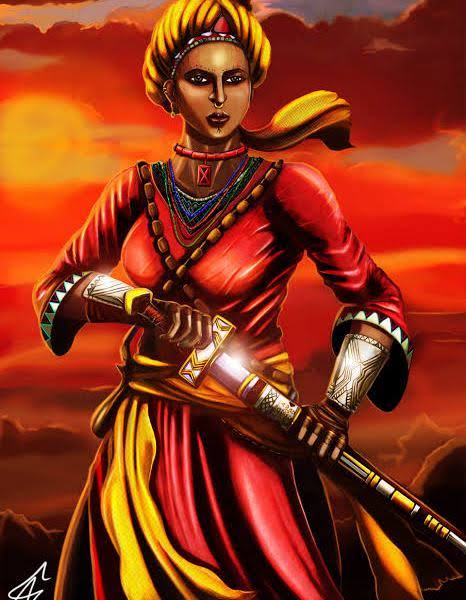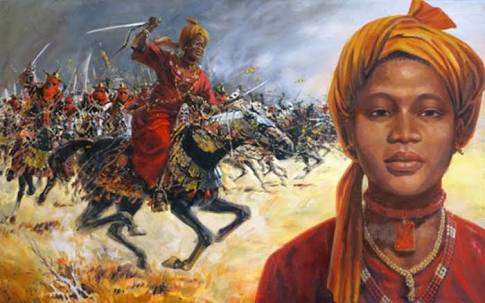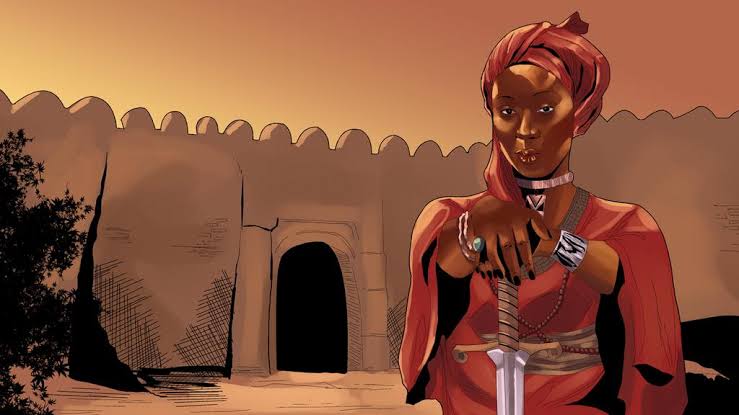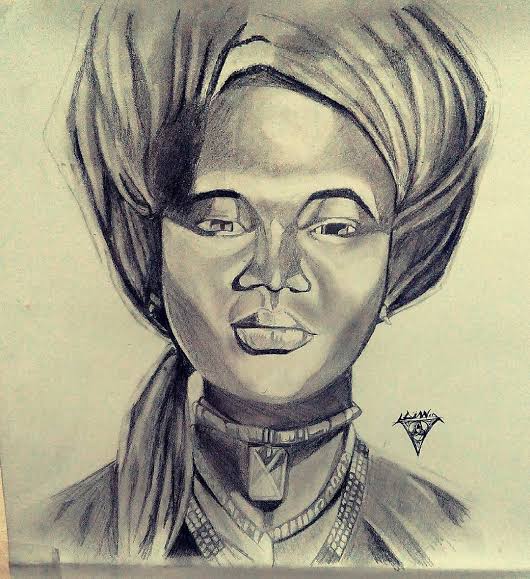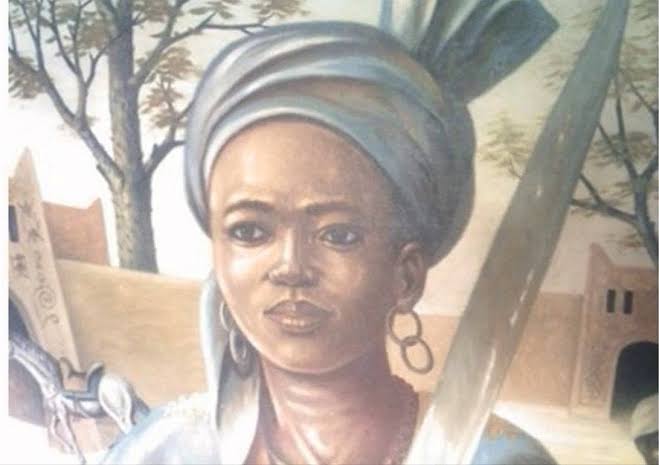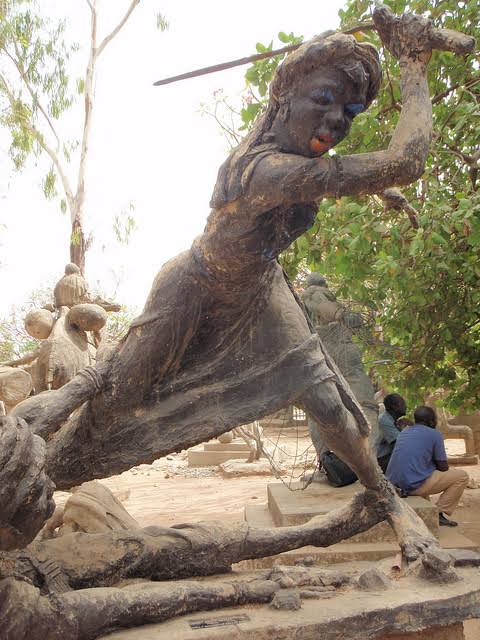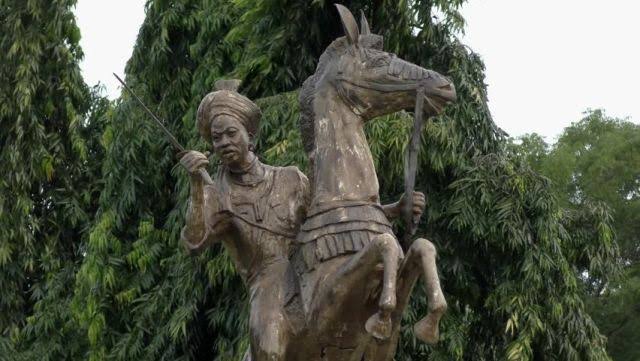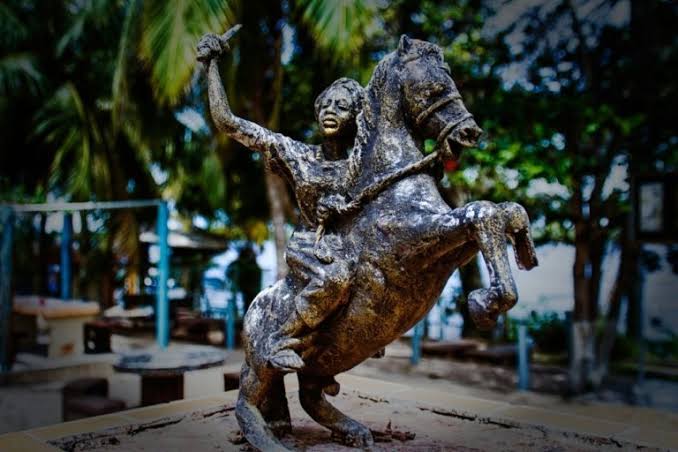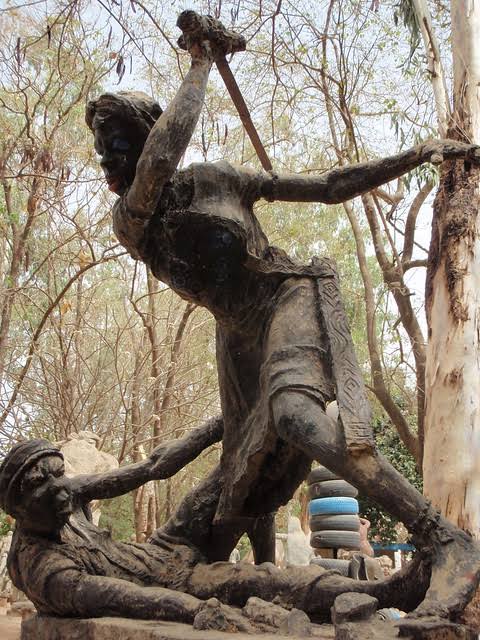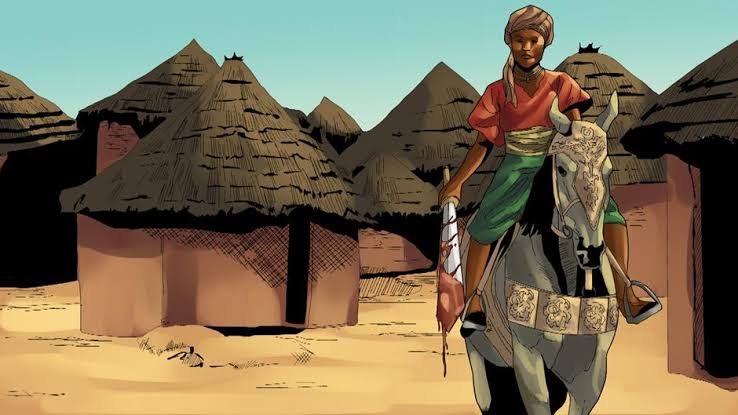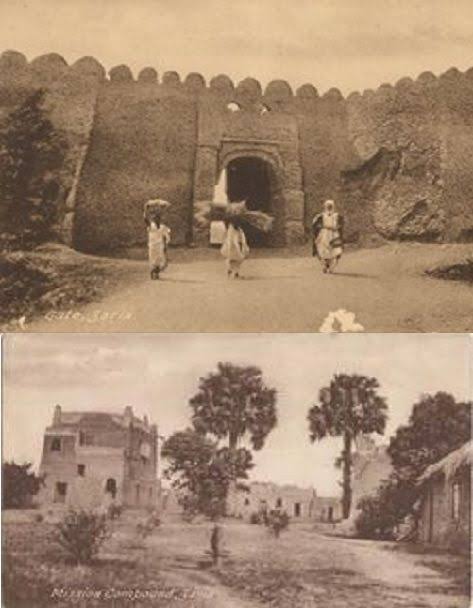Queen Amina Of Zaria an Uncommon African Warrioress. Queen Amina was a warrior queen of the popular city-state Zazzau (Zaria) in the present-day Kaduna State in Nigeria. Amina was the celebrated queen of Bakwa Turunku and the 22nd ruler of Zazzau in the mid-sixteen century.
She had a younger, beautiful sister Zaria, and in whose honor the modern city of Zaria (Kaduna State) was renamed by the British imperial colonial government in the early 20th century.
According to available oral traditions, Queen Amina grew up under the tutelage of her grandfather, who carefully taught her basic tenets of political and military affairs. At the age of 16, she was named Magajiaya (heir apparent), and was given 40 female slaves.
She started to receive myriads of suitor’s right from her tender age. Suitors devised several strategies to win her heart, such as ‘fifty male slaves, fifty female slaves, daily offer of 10 slaves from Makama and fifty bags of white and blue cloth from the Emir of Kano.
At the demise of her parents around 1566, her brother was named king of Zazzau. During this time, she had gained notoriety for her military might and became a leading warrior in her brother’s cabinet.
To date, she is still celebrated in traditional Hausa praise song as ‘Amina, daughter of Nikatau’ a woman who was equaled to a man. At the death of her brother, Karama in 1576, she was elevated to the position of queen.
She became the leader of the Hausa Bakwai (original seven Hausa states). Just three months after her ascension as queen, Amina waged a 34-year long war against her neighbors, and expanded the territory of Zazzau.
She had a powerful, well trained army comprising of 1,000 Calvary troops, and over 20,000 foot soldiers. In fact, one of her earliest speech to her people was to ‘re-sharpen their weapons’. Queen Amina conquered a large expanse of land including Nupe and Kwararafa areas.
A popular legend cited by Sidney John Hogben said that she took a new lover in every city she entered, and subsequently beheaded the new bridegroom the next morning, so that none will live to tell the tale of what happened previously at night.
To ensure her city is well fortified, Amina surrounded it with earthen walls, and this later became a common practice across the nation until Zazzau was conquered by the British Government in 1904.
She died in Atagara. Historians have been perplexed by the real cause of her death, and there have been conflicting stories surrounding her death.

 Read on Twitter
Read on Twitter